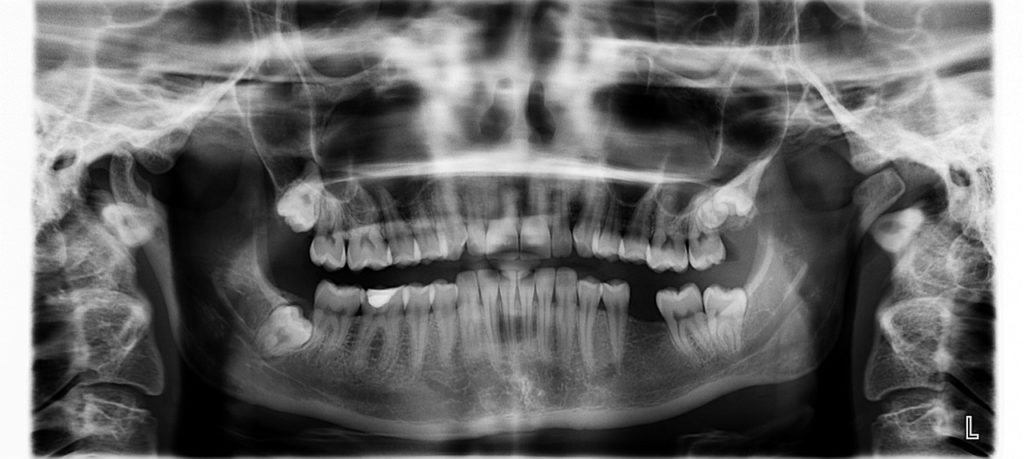
Improvements in dental care, more people living longer and the social value placed on having a healthy smile has led to people keeping their own teeth longer, but it has also led to an increasing number of people needing some kind of restoration work including crowns, bridges and implants.
Many of these treatments remain unobtainable for most people due to the availability of NHS dentists and the high cost of private dental work. Removable dentures are often the only viable option for anyone experiencing tooth loss, with an estimated 10 to 15 per cent of the population wearing them.
A new study by researchers at the University of Sheffield’s Healthy Life Span Institute and the School of Clinical Dentistry has highlighted the emotional struggles and hidden challenges patients experience when having dentures fitted. This is the first study to map out the patient journey and how this experience can affect the overall success of the treatment.
The study found that patients think about their denture journey in four stages:
- Tooth Loss: This is the initial stage where patients experience the physical loss of teeth.
- The Emotional Tunnel: This stage focuses on the emotional rollercoaster of tooth loss. Patients experience self-consciousness and depression and struggle with dentures. They may feel shame, anger, or fear, but also hope.
- Prosthetic Hope: This stage represents patients’ hope and optimism when getting dentures. They might anticipate regaining their smile and ability to eat normally.
- Prosthetic Compromise leading to managing disclosure: This final stage acknowledges that dentures take some getting used to. Patients might need to adjust their expectations and learn how to manage talking and eating with dentures. They might also develop strategies to feel comfortable disclosing their denture use to others.
These feelings and how dentists understand and manage them can influence the patient outcomes. A dentist’s empathy during this adjustment period is crucial for successful denture use and better patient outcomes.
The study also identified that wearing removable dentures can be a hidden disability for many. People with dentures feel they have to hide them due to feeling embarrassed or worrying they will fall out. Some patients also avoided social situations
Lead researcher Barry Gibson, Professor of Medical Sociology at the University of Sheffield, said, “Tooth loss can be hugely traumatic, and this study has uncovered just how challenging it is for people needing partial dentures. Feelings such as embarrassment or shame can significantly affect the process of having dentures made and fitted. On top of this if they don’t fit properly this can make everyday activities such as speaking, eating and drinking very difficult which affects a person’s quality of life. The impact can be so dramatic that it can impact their confidence to leave the house. This can have a devastating and lasting impact.
“Understanding the emotional difficulties identified in the study will help dentists to improve the care given to denture patients and lead to a more successful and better experience for everyone.”